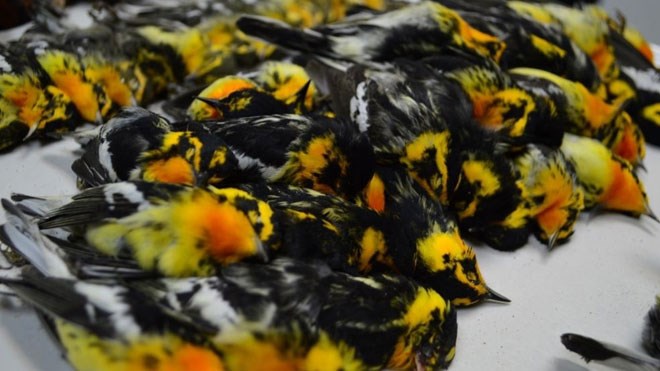Re: Mark Valkama's letter "Feral cats will decimate song bird population," published on Sudbury.com May 2.
Mark Valkama has written a passionate diatribe against cats. There are points of his letter that are legitimate, but most of the blame placed on cats is misdirected.
No animal lover will dismiss Mr. Valkama's concerns for the bird population.
But a desire to correct the dreadful abuse of the city's feline population and reduce the numbers living as feral cats does not also mean indifference to song bird survival.
Quite the contrary. The present plan to neuter the cat population will help reduce the growing number of cats, but the long-term solution is education.
Cats are not native to Canada. They are neglected pets. The obvious culprits are owners who do not neuter, those who "drop off" pregnant females so the problem of kittens is not theirs. The people who allow cats to breed indiscriminately should be viewed as the real problem by Mr. Valkama.
Mr. Valkama and our threatened bird populations all over Canada would be better served if he joins the battle to neuter and feed these feral cat populations by contributing to the efforts being made by the dedicated people working in this field.
Perhaps Northern Life could also advise as to where help could be directed as part of educating this community?
And on the subject of the decimation of migratory bird populations in Canada, it might be noted the following stats.
"An estimated one to 10 birds die per building, per year. The City of Toronto has over 950,000 registered buildings that could potentially kill over nine million birds each year. Across North America, the estimated number of migrating birds killed annually in collisions with buildings ranges from 100 million to one billion birds."
Perhaps we should be looking at that cause as well as blaming hungry cats as well as the many many other animals who prey on these birds.
Rochelle Hatton
Sudbury
